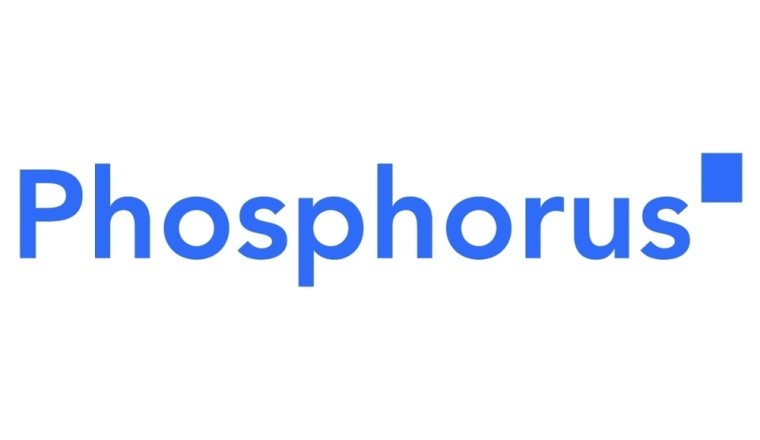
NASHVILLE, Tenn. — Phosphorus, the leading provider of advanced and full-scope security for the extended Internet of Things (xIoT), today announced a new distributor partnership for the Middle East and Africa (MEA) with CyberKnight, a leading cybersecurity value-added distributor for the region, in preparation for the official opening of the Phosphorus MEA office in Dubai on January 1st, 2023. The new partnership will see the two companies jointly delivering a new generation of xIoT security solutions for the MEA market.
With the CyberKnight partnership, Phosphorus will significantly expand its global presence in the MEA region, providing a critical xIoT security technology to these fast-growing markets. Phosphorus’s Enterprise xIoT Security Platform is the world’s first and only security technology capable of delivering attack surface management, hardening and remediation, and extended detect and response to the full range of IoT, OT, and network-connected devices—spanning both new and legacy devices.
“We are excited to partner with CyberKnight which has a strong presence in the Middle East and will play a key role in helping us to expand our international sales channels and xIoT security and service offerings throughout this important economic region,” said Chris Rouland, CEO of Phosphorus. “This region is growing rapidly and many modern cities are incorporating ‘smart’ technologies and infrastructure in novel and exciting ways. However, anything that is smart is vulnerable to security threats, and we will be working closely with CyberKnight to make sure all private and public organizations throughout the region have full access to the most advanced xIoT security solution and platform in the world today.”
“Due to an onslaught of ransomware and other targeted attacks affecting xIoT devices – especially in the transportation and oil and gas sectors – our customers are looking for solutions that will not only identify IoT and OT devices, but will finally remediate them while providing extended detect and response capabilities,” said Avinash Advani, the Founder and CEO at CyberKnight. “Our partnership with Phosphorus as our newest vendor will enable us to help our customers address a massive and expanding gap in their attack surface by finding, fixing, and constantly monitoring their IoT, OT, and IIoT devices. We are very excited about working with them to further support our Middle East customers across the region.”
Phosphorus provides unprecedented xIoT defense solutions for enterprise, industrial, and government customers through a fully automated security platform that discovers, assesses, remediates, hardens, and monitors tens of thousands of unique brands and models of connected or ‘smart’ devices—ranging from security cameras to PLCs. This enables large organizations to scale IoT and OT technologies (which often amount to millions of devices per organization) without having to add any additional employees to secure them. Phosphorus’s advanced security platform deploys on premises and defends against targeted attacks, malware, out of date firmware, vulnerabilities, default passwords, risky configurations, and insider threats.
Phosphorus has been pursuing a robust international growth strategy, since its $38 million Series A growth round earlier this year led by SYN Ventures. The company has expanded its platform and services for industrial users with the launch of new cybersecurity protections and defensive capabilities for OT and IIoT devices and safety-critical systems within the oil and gas, transportation, manufacturing, and critical infrastructure sectors. Phosphorus recently debuted the industry’s first Mobile xIoT Lab at Black Hat USA 2022, which offered live demonstrations of the platform’s unique capabilities for finding, fixing, and monitoring both high-risk enterprise IoT and network-connected devices as well as OT and IIoT devices used in critical industries.









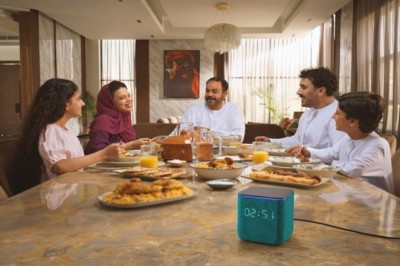


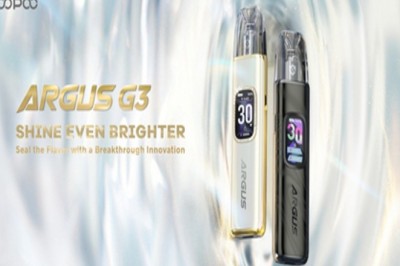
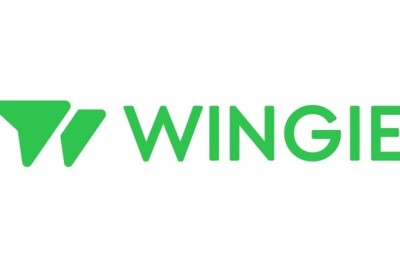


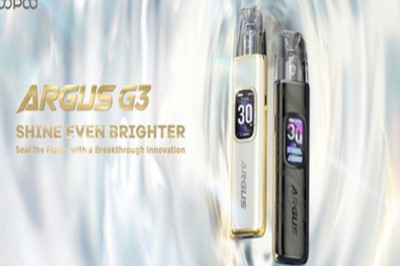

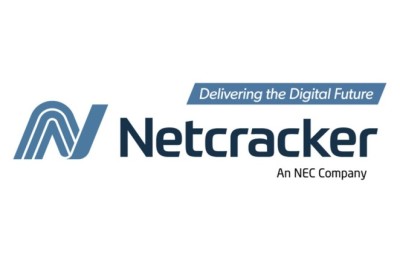
Facebook Conversations
Disqus Conversations